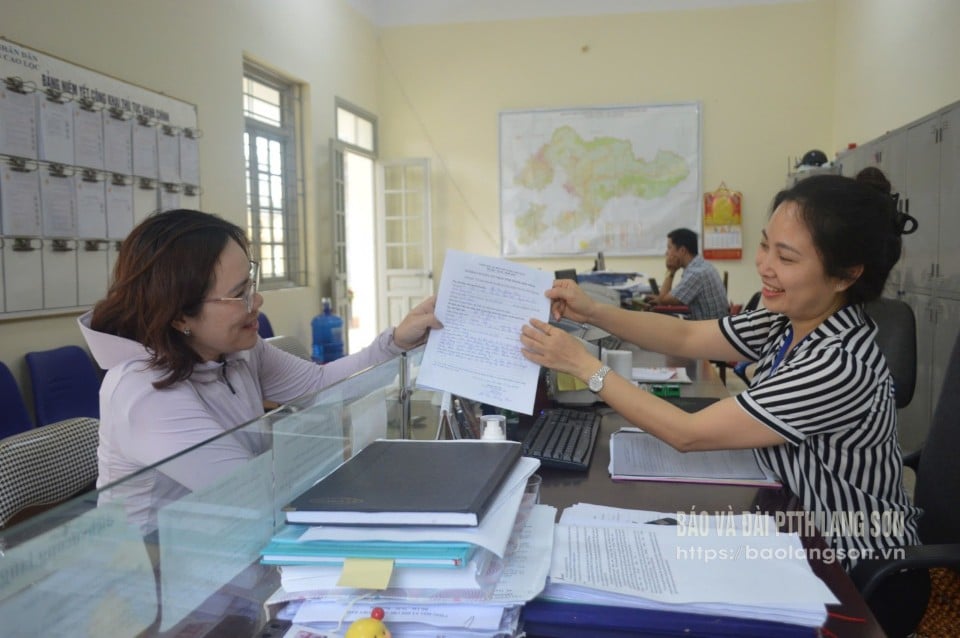
SIPAS is an index of people's satisfaction with the service of State administrative agencies of ministries, ministerial-level agencies, People's Committees of provinces and centrally run cities. This index acts as a measure, reflecting the assessment of people and organizations on the service efficiency of State agencies in providing specific public administrative services. Through this, State administrative agencies grasp the wishes of people and organizations to have measures to improve the quality of their services and service provision to enhance the satisfaction and benefits of people and organizations.
Existing problems
In 2024, the Ministry of Home Affairs will continue to deploy the SIPAS index to measure people's satisfaction with 2 contents (policy development and implementation; provision of public administrative services) with 42 indexes reflecting people's opinions and assessments; 51 indexes reflecting people's satisfaction; 10 indexes reflecting people's needs and expectations. In Lang Son province, the Ministry of Home Affairs in coordination with Vietnam Post Corporation surveyed 486 ballots in 18 villages and residential blocks in 9 communes, wards and towns of 3 district-level administrative units (Lang Son city; Binh Gia district; Huu Lung district).
According to the results announced by the Ministry of Home Affairs, the province's SIPAS index in 2024 reached 79.19%, ranking 62/63 provinces and cities, down 7 places compared to 2023. This result shows that the level of satisfaction of people in the surveyed areas with the service of State administrative agencies is very low, with a significant gap compared to the national average (83.94%).
Going into the analysis of a content that scored low in this index, for example, the level of people's satisfaction with the provision of public administrative services only reached 79.52%. Accordingly, people assessed the communication attitude, behavior, guidance and expression capacity of civil servants when receiving and processing administrative procedures (AP) as not really high, only meeting an average satisfaction of about 79%.
A quick survey in Lang Son city and some districts such as Binh Gia, Cao Loc, Van Quan showed that some people when coming to the headquarters of State administrative agencies to carry out procedures were still confused, not having their problems resolved quickly but having to wait.
Ms. Hoang Thi Phuong, Con Nua village, Tan Van commune, Binh Gia district shared: Currently, many administrative procedures must be performed on the national public service portal, which is more convenient for young people who are sensitive to information technology, but for the elderly, it takes time to look up, research, and learn. When I come to perform the procedure, if it is a quiet day, I will still be helped to process the procedure quickly, but if it is a crowded day, the elderly have to wait. Not to mention, sometimes when submitting documents online, they are returned many times with general reasons. Personally, I am still not really satisfied.
The above results do not properly reflect the attention, leadership and direction of the Provincial Party Committee, People's Council, Provincial People's Committee and the efforts of all levels and sectors in implementing solutions to strengthen administrative reform, focusing on administrative procedure reform, information technology application, digital transformation, serving people and business organizations. This stems from various objective and subjective reasons.
Ms. Hoang Thi Hien, Director of the Department of Home Affairs, said: The SIPAS Index in 2024 has dropped due to the following reasons: the capacity, attitude, and public responsibility of a number of civil servants and public employees in the surveyed areas are still weak, not really meeting the requirements of serving the people. In addition, the work of publicizing, transparent information and implementing accountability to the people still has many shortcomings, not creating convenience and trust.
Along with that, the process of management, coordination and organization of task implementation (both in terms of policies and administrative procedures) still has many shortcomings, leading to low efficiency and unsatisfactory quality. In addition, the work of inspection, supervision of public services and measures to prevent and combat negativity at the grassroots level has not been carried out regularly and seriously; channels for dialogue, receiving and handling opinions, feedback and recommendations from people have not received due attention, activities are still formal and ineffective.
Focus on fixing
Right from the beginning of 2025, the Provincial People's Committee issued Plan No. 10/KH-UBND on administrative reform of the province, in which 48 tasks were set out for implementation, taking people's satisfaction as a measure of work efficiency.
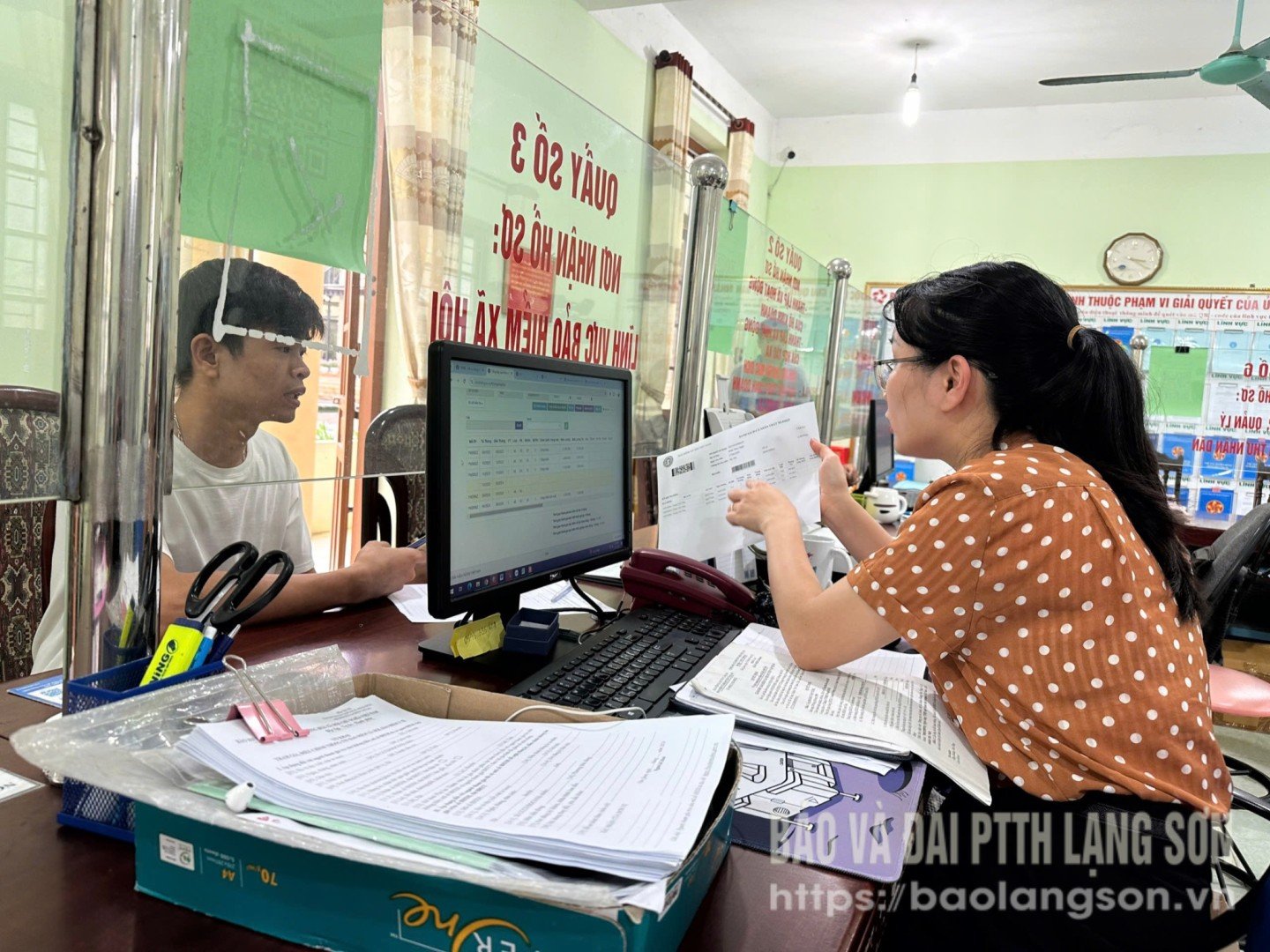
In particular, immediately after the results of the 2024 SIPAS index were announced, the Provincial People's Committee directed the Department of Home Affairs to coordinate with departments, branches, and People's Committees of districts and cities to develop a detailed report analyzing specific indicators, thereby clearly indicating low indicators, agencies and units that have not performed well, affecting the ranking of the province's indicators. In April 2025, the Provincial People's Committee held the first meeting of the Steering Committee for Science and Technology Development, Innovation, Digital Transformation and Project 06 provinces, in which the results and reasons for the low SIPAS index were clearly analyzed, and a number of solutions were proposed to improve the ranking of this index in the following year.
Accordingly, the Provincial Public Administration Service Center and the receiving and returning results departments at all levels have fully informed and disseminated administrative reform work, the purpose, significance, and content of SIPAS results to all cadres, civil servants, people, and businesses; directed innovation in the way of handling administrative procedures. In particular, effectively implementing the "4 on-site" principle (receiving, appraising, approving, returning results); strengthening training and coaching cadres and civil servants to perform the task of handling work for people; strictly handling civil servants with negative and harassing behaviors in performing public duties, ensuring the quality of service to people is increasingly better and more satisfying.
At the same time, the Vietnam Fatherland Front Committee of the province coordinated with relevant departments and branches to organize the implementation of solutions to improve the quality of activities of the People's Inspection Committee and the Community Investment Supervision Committee to enhance the accountability of the grassroots government to the people; strengthen propaganda, enhance the responsibility of all levels, branches, agencies and units to well implement the regulations on democracy at the grassroots level.
For districts, cities, Party committees and authorities of units have also seriously proposed solutions to improve the quality of providing public administrative services. For example, in Huu Lung district, in addition to directing the promotion of information technology application, propaganda, guiding people to use online public services, encouraging people to submit and receive results of administrative procedures via public postal services, the district has increased inspection to grasp the practical situation of receiving and handling procedures at the one-stop department. According to statistics, from the beginning of 2025 to now, in the district, 100% of administrative procedures have been public and transparent in terms of process and processing time; there are no overdue records in handling administrative procedures...
In the coming time, implementing the policy of ending the activities of the district level, to facilitate the reception and settlement of administrative procedure records, it is expected that for administrative procedure records that agencies and units under the district-level government are handling up to July 1 but have not yet completed or have been completed before July 1 but then related issues arise that need to be resolved, the leaders of the Provincial People's Committee will assign agencies and units under the local government at the commune level where the individual resides or where the transaction office of the organization or enterprise is located to continue handling; for administrative procedure records related to 2 or more newly formed commune-level administrative units after the arrangement or with complicated content, it will assign specialized agencies and other administrative agencies under the Provincial People's Committee to continue handling to ensure that work is not interrupted.
With the synchronous implementation of solutions, relevant agencies and units in the province are continuing to make efforts to improve and enhance the SIPAS index, aiming to build a friendly, serving, dynamically operating, effectively managing government, bringing practical benefits to the people.
Source: https://baolangson.vn/nhin-ro-han-che-quyet-tam-nang-cao-thu-hang-chi-so-sipas-5045824.html


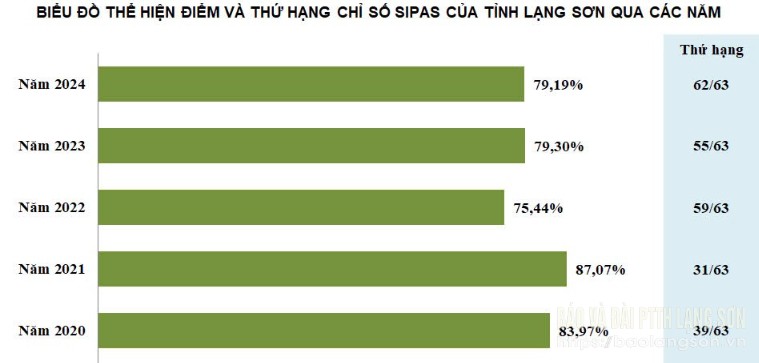
![[Photo] President Luong Cuong holds talks with Hungarian President Sulyok Tamás](https://vphoto.vietnam.vn/thumb/1200x675/vietnam/resource/IMAGE/2025/5/28/0f603676be6444aa9f52d4bd32582b4d)
![[Photo] General Secretary To Lam works with the Central Policy and Strategy Committee](https://vphoto.vietnam.vn/thumb/1200x675/vietnam/resource/IMAGE/2025/5/28/7b31a656d8a148d4b7e7ca66463a6894)
![[Photo] National Assembly Chairman Tran Thanh Man meets with Hungarian President Sulyok Tamas](https://vphoto.vietnam.vn/thumb/1200x675/vietnam/resource/IMAGE/2025/5/28/1f182464bad54d399e1236943e0c13ba)
![[Photo] General Secretary To Lam receives Hungarian President Sulyok Tamas](https://vphoto.vietnam.vn/thumb/1200x675/vietnam/resource/IMAGE/2025/5/28/58cdfabf66514ef4bce5a13a285e6f6f)
![[Photo] Close-up of the project connecting 3 key highways in the South](https://vphoto.vietnam.vn/thumb/1200x675/vietnam/resource/IMAGE/2025/5/28/c4b0bc977e964bb79d08b4e836974495)
![[Photo] Welcoming ceremony for Hungarian President Sulyok Tamas and his wife on an official visit to Vietnam](https://vphoto.vietnam.vn/thumb/1200x675/vietnam/resource/IMAGE/2025/5/28/7956bacf4a3e4bde8326cb8f72a3b26c)
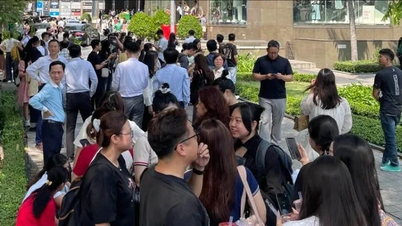

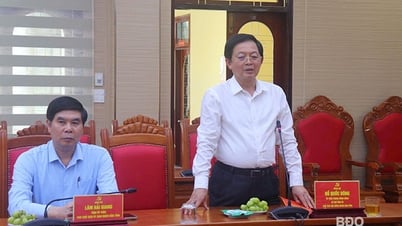












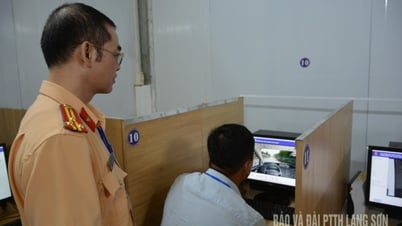
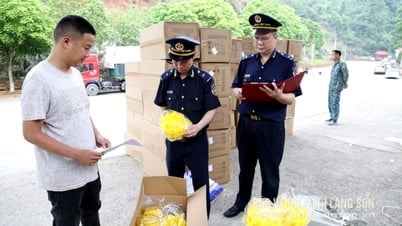
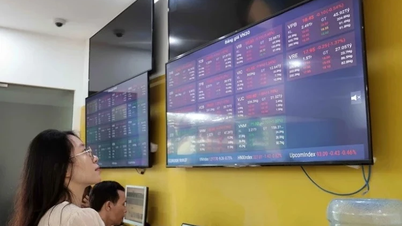















































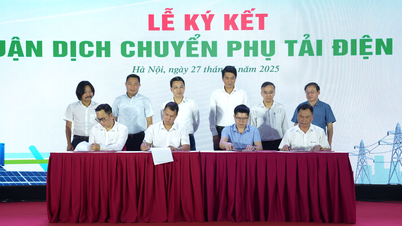



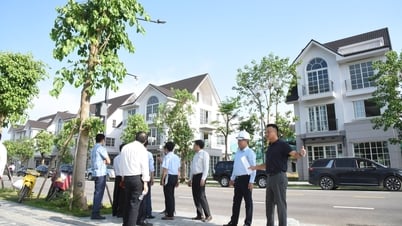











Comment (0)